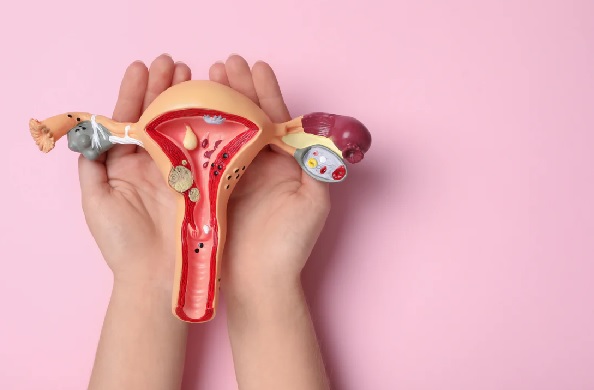Our diet influences more than just our waistline — according to recent insights, the foods we eat may also impact vaginal health. Poor diet, particularly one low in nutrients and high in processed foods and sugars, may increase susceptibility to common vaginal issues, including changes in pH balance, moisture levels, and immune response.
Good Diet, Healthy Vagina
Nutrition experts recommend a balanced diet rich in fibre, lean protein, vitamins, minerals and healthy fats. A general rule-of-thumb: include plenty of colourful fruits and vegetables, legumes (beans, lentils), nuts and seeds, and whole grains such as oats and quinoa.
Read Also: WHO Raises Alarm Over Rising Mpox Clade Ib Cases Globally
Key supportive foods for vaginal health include:
- Yoghurt with live/active cultures: Contains lactobacilli that help maintain the vagina’s slightly acidic pH.
- Soy foods: With phytoestrogens that may support lubrication and tissue health — but avoid heavily-processed soy “meat” alternatives.
- Avocados: High in vitamin E and healthy oils, supporting natural moisture and skin/tissue health.
- Almonds & other nuts/seeds: Rich in zinc and other nutrients helpful for hormone production and immune support.
Foods to Limit or Avoid
- Highly processed foods rich in salt, fat and sugar.
- Excessive alcohol and caffeine, which can contribute to dehydration or altered tissue health.
- Refined fruit-juices instead of whole fruit: whole fruit fibre helps stabilise blood sugar, while concentrated sugars may exacerbate yeast overgrowth.
Why the Link?
Diet influences bodily systems that impact vaginal health:
- Immune system strength: A poor diet weakens immunity, increasing vulnerability to infections.
- pH balance & microbiome: Nutrient-rich foods help maintain the beneficial bacteria in the vagina.
- Hydration & tissue health: Adequate fluid intake supports moisture and elasticity of tissues. The article emphasises “drink plenty of water.”

